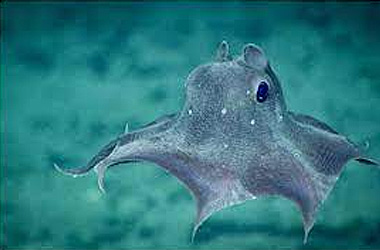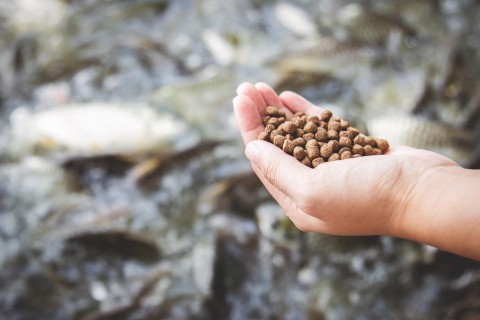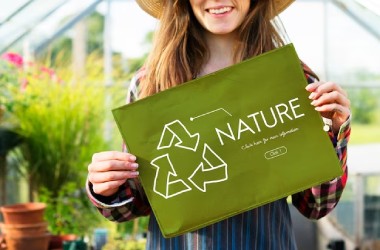Organigogo's initiatives target a range of environmental and operational improvements within the aquaculture sector. Here's a consolidated overview of the expected outcomes:
Environmental Sustainability
- Preserving Aquatic Carbon Sinks: Organic aquafarming practices will minimize environmental impact and promote healthy ecosystems, protecting valuable carbon storage areas.
- Eutrophication Prevention: Sustainable nutrient management systems will reduce nutrient runoff and prevent eutrophication, safeguarding water quality.
- Reduced Greenhouse Gas Emissions: Organic practices and responsible resource management will lower GHG emissions throughout the production cycle.
- Biodiversity Promotion: Integration of organic farming principles will enhance biodiversity within aquaculture systems.
Sustainable Food Production
- Mitigating Climate Change: Organic farming and aquaculture practices will contribute to mitigating climate change through reduced GHG emissions and improved resource management.
- Sustainable Food Systems: Integrating organic agriculture with aquaculture fosters synergies for a more sustainable food production system.
Enhanced Aquaculture Operations
- Using Protein Source: Lemna and Azolla plants in integrated aquaculture systems will improve water quality, nutrient management, and sustainability.
- Environmental and Economic Benefits: Integrated aquaculture practices will offer environmental improvements (waste reduction, ecosystem restoration) alongside economic advantages (resource optimization, production diversification).
Advanced Technology Adoption
- Knowledge Transfer and Capacity Building: Advanced technologies will facilitate knowledge sharing, skills development, and adoption of innovative practices.
- Improved Monitoring and Surveillance: Remote sensing, monitoring tools, and data analytics will enhance real-time monitoring and informed decision-making.
- Remote Access and Management: Advanced technologies will enable remote access to critical data, streamlining resource management and improving operational efficiency.
The promoted initiatives by Organigogo, including Acquakinetic, Orgakinetic, Ecofarmit, and Organitum, are designed to address critical challenges in the agricultural and aquaculture sectors. Here are the expected outcomes from these initiatives:
Acquakinetic
- Improved Resource Efficiency: Acquakinetic aims to optimize resource utilization in aquaculture operations, ensuring efficient water management and waste reduction.
- Environmental Sustainability: By implementing advanced water treatment systems and promoting sustainable practices, Acquakinetic strives to minimize the environmental impact of aquaculture activities.
- Enhanced Aquaculture Practices: Through integrating innovative technologies, Acquakinetic intends to facilitate the adoption of best practices in aquaculture production, promoting efficiency and sustainability.
- Market Alignment: Acquakinetic seeks to improve the alignment between organic aquaculture production and market demands, leading to better coordination and responsiveness to market signals.
Orgakinetic
- Technological Integration: Orgakinetic focuses on integrating information technologies into organic aquaculture and agriculture practices, enhancing precision, efficiency, and control in farming operations.
- Traceability and Monitoring: By implementing traceability systems and monitoring tools, Orgakinetic aims to provide aquaculturists and farmers with detailed insights into their production processes, enabling data-driven decision-making.
- Knowledge Transfer: Orgakinetic promotes knowledge sharing and collaboration among industry experts, fostering continuous learning and improvement in organic aquaculture and agricultural practices.
- Sustainable Agriculture: Through adopting technology-driven solutions, Orgakinetic aims to promote organic aquaculture and agriculture practices and enhance environmental stewardship.
Ecofarmit
- Market Access and Collaboration: Ecofarmit aims to connect organic aquaculture producers with consumers, investors, and stakeholders, facilitating market access and promoting collaboration within the industry.
- Knowledge Sharing Platform: By providing a platform for knowledge exchange, Ecofarmit encourages learning, innovation, and best practice sharing among aquaculture stakeholders.
- Sustainability Promotion: Ecofarmit promotes sustainable farming practices, builds resilience in aquaculture operations, and contributes to ecological conservation efforts.
- Economic Viability: Through market access support and collaboration initiatives, Ecofarmit seeks to enhance the financial viability of organic aquaculture projects and create opportunities for growth and development.
Organitum
- Soil Health and Conservation: Organitum promotes organic agricultural practices, enhances soil health, and conserves natural resources through sustainable cultivation.
- Support for Third-Party Organic Certification: Organitum aims to empower farmers to adopt ecologically friendly cultivation techniques by providing a platform that supports third-party organic certification and knowledge sharing.
- Precision Farming Techniques: Organitum integrates precision farming technologies to optimize crop growth, resource utilization, and pest control, ensuring efficient and sustainable agricultural practices.
- Sustainable Supply Chain: Through the production of organic crops and alignment with aquaculture operations, Organitum supports the development of a sustainable supply chain for organic aquaculture and ecological food production.
The expected outcomes of these initiatives include improved resource efficiency, environmental sustainability, enhanced production practices, market alignment, knowledge transfer, sustainability promotion, economic viability, soil health improvement, organic crop certification, precision farming adoption, and development of a sustainable supply chain in the agricultural and aquaculture sectors. These initiatives are designed to address critical challenges, foster innovation, and drive positive impact in the industry, contributing to a more sustainable and resilient food production system for the future.
Why now?
The answer lies in the essence of time. Our window is narrowing. A finite threshold for carbon emissions exists, known as the 'carbon budget.' Once breached, this boundary ushers in a perilous era of uncontrollable global warming. Consider it akin to filling a bath—the water steadily rises, nearing the brim. There remains a brief margin before overflow, a fleeting moment. Unless we staunch the flow now, the impending deluge looms large, beyond our ability to avert.
This rendition underscores the critical time-sensitive nature of the challenge posed by escalating carbon emissions and the pressing need for immediate action. It emphasizes the urgency of recognizing imminent risks and the essential call to address them promptly.

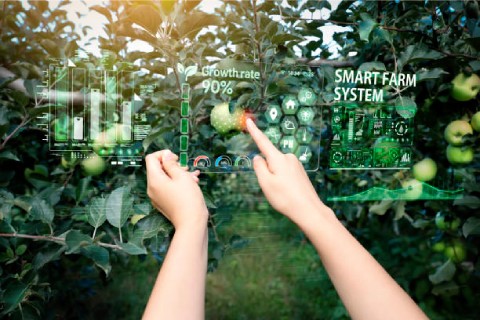
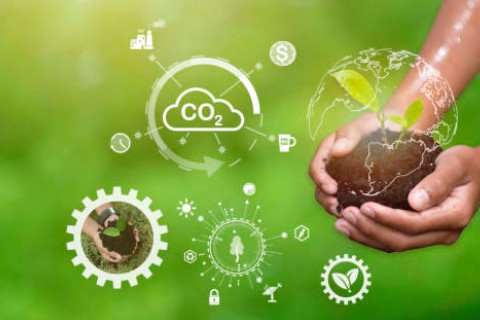
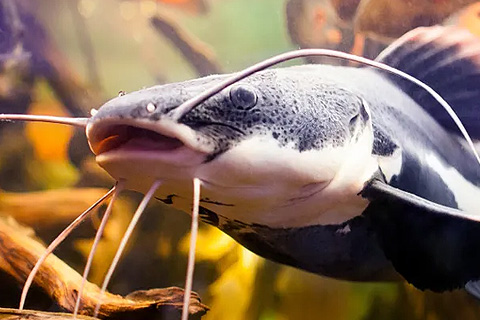
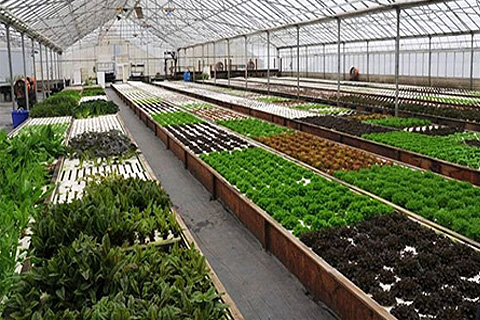


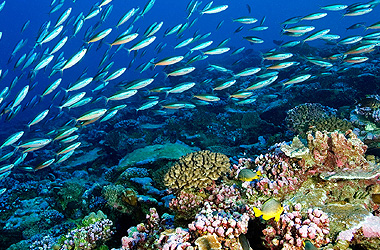

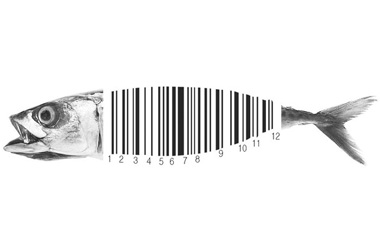

.jpg)

